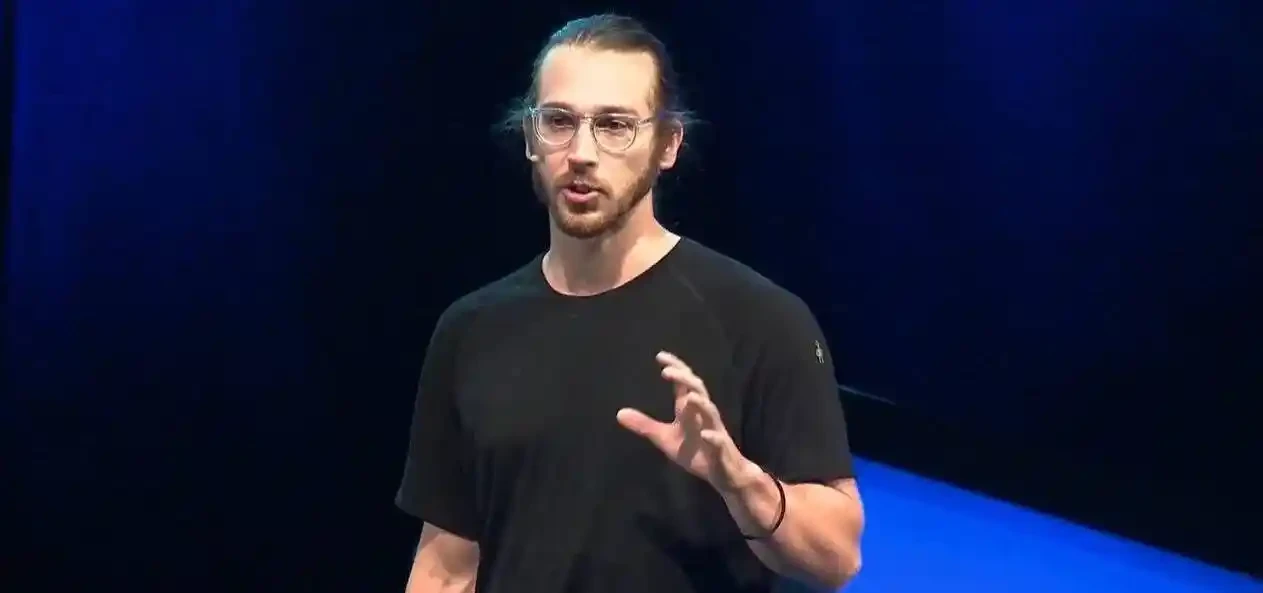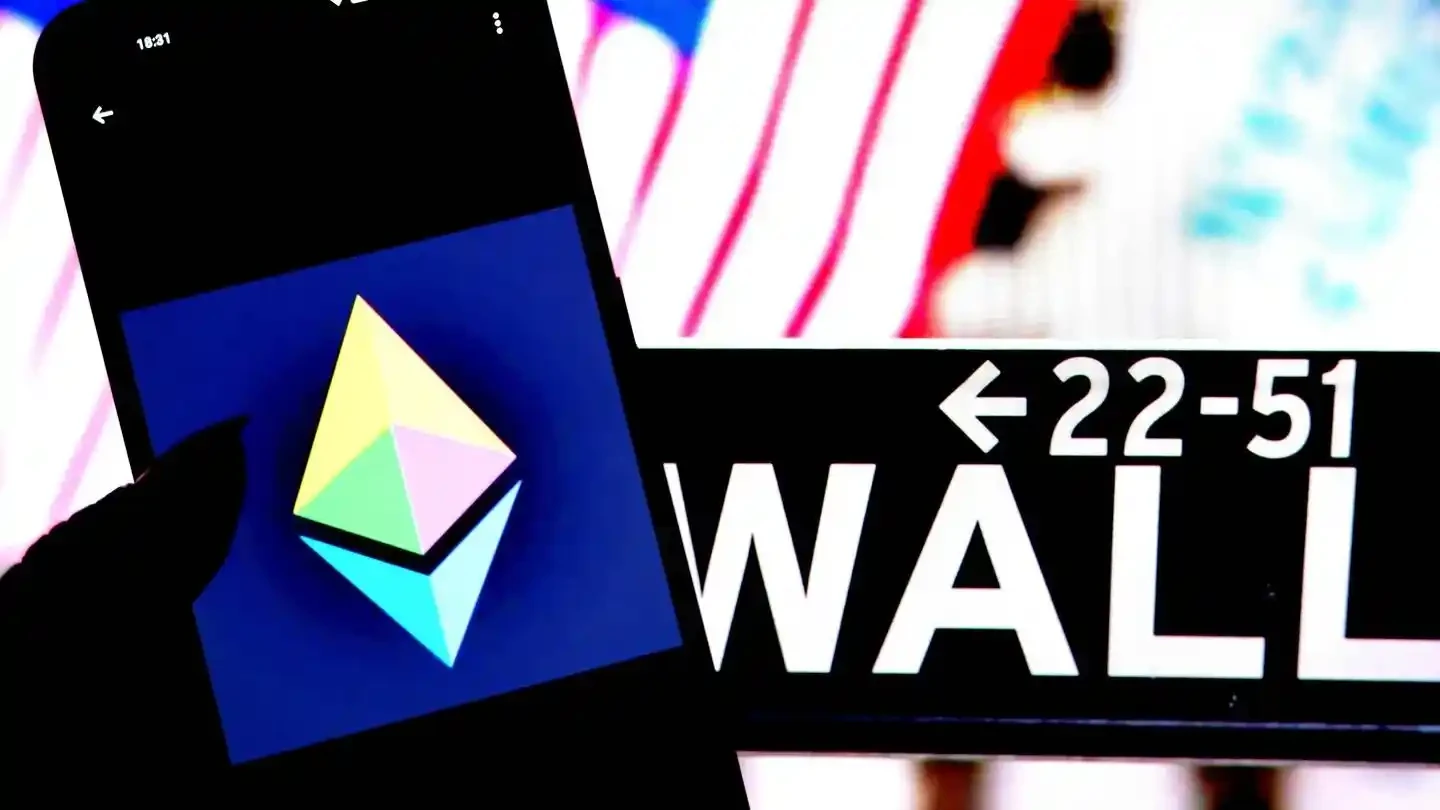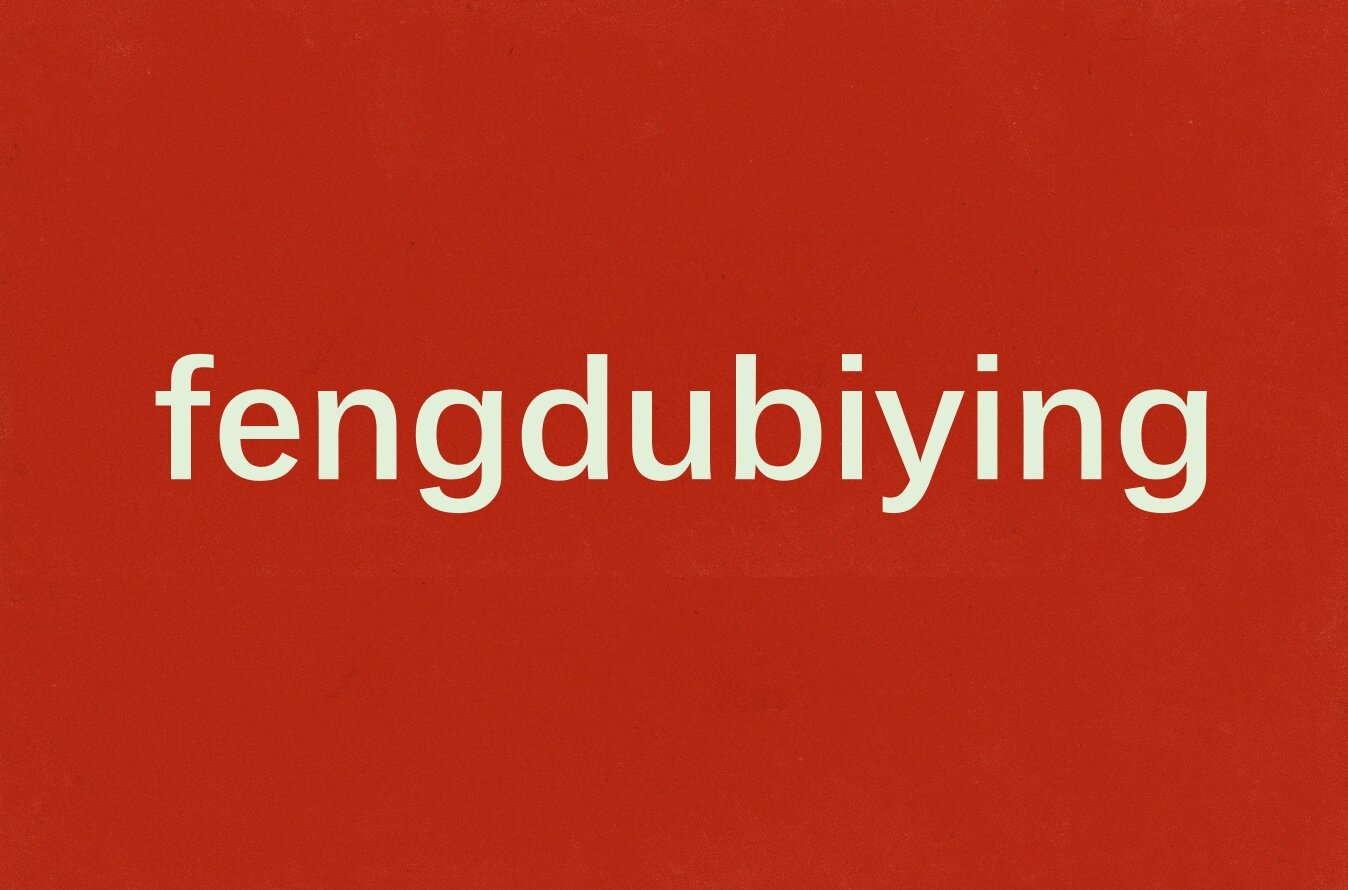Forbes: Is Ethereum the best choice for reshaping Wall Street's financial infrastructure?
The Race To Rewire Wall Street: Is Ethereum the Safest Bet?
Original author: Jón Helgi Egilsson, Forbes
Original translation: TechFlow
Ethereum co-founder Vitalik Buterin and his foundation, along with Electric Capital and Paradigm, are backing Etherealize's $40 million launch – a startup with a single mission: to reinvent Wall Street on Ethereum. (© 2024 Bloomberg Finance LP)
Every day, Wall Street's financial system processes trillions of dollars—much of it still running on systems built decades ago. Mortgage and bond trades can take days to settle. Intermediaries add layers of costs, tie up capital, and amplify risk. For the world's largest banks and asset managers, choosing the wrong technology infrastructure could lock in a new generation of inefficiencies. Blockchain technology could change this. But the question is, which blockchain is the best choice?
Opponents argue that Ethereum is slow and costly, while competitors claim higher throughput. Furthermore, fintech giants are even starting to build their own blockchains. However, Danny Ryan, co-founder and president of Etherealize and a core architect of Ethereum's evolution, who led the coordination of the historic "proof-of-stake" "merge," insists that Ethereum's security, neutrality, and cryptographic privacy make it ideally suited to carry the weight of global finance. Indeed, Wall Street needs reinvention—and Ryan believes Ethereum is the only blockchain capable of doing so.
Ryan spent nearly a decade at the Ethereum Foundation, working closely with Vitalik Buterin and shaping the Ethereum protocol through its most critical turning points. Now, with Etherealize having secured $40 million in funding from Paradigm, Electric Capital, and the Ethereum Foundation, as well as initial funding from the Ethereum Foundation, he firmly believes Ethereum is ready for Wall Street.
Ryan’s answers—brutal, precise, and a bit surprising—went far beyond the realm of cryptocurrency hype, but he also detailed why Ethereum might be the safest bet for reshaping the financial system.

Danny Ryan, co-founder and president of Etherealize, believes that Ethereum is the only blockchain with the security and neutrality to reshape Wall Street.
Safety is a scarce resource
I start with the obvious question: given Ethereum’s congestion and high fees, why would Wall Street trust it?
Ryan says without hesitation: "Cryptoeconomic security is a scarce resource." In proof-of-stake systems, validators need to lock up capital to make attacks prohibitively expensive. Today, Ethereum has over a million validators, with a total staked value approaching $100 billion. "You can't achieve this overnight," he adds.
Newer blockchains, by contrast, can create faster networks but often rely on a small number of institutional backers. "It looks more like a consortium model," Ryan explained. "You're trusting the companies involved, the contracts, and the legal recourse. It's a different kind of security. It's different from maintaining a neutral global network with tens of billions of dollars at stake."
The data backs up his claim. According to recent research from Etherealize, Ethereum secures over 70% of stablecoin value and 85% of tokenized real-world assets. If security scale is paramount, Ethereum undoubtedly has it covered.

The Ethereum network has over a million validators and over $120 billion in staked value, making it the most secure blockchain – a scarce resource for institutions managing counterparty risk. (Getty)
Privacy: Promise and Math
Privacy is another key concern. No bank would put customer transactions on a completely public ledger. Is this why projects like Canton, backed by major financial institutions, are gaining traction?
Ryan's response was sharp. "Canton relies on an assumption of good faith—trust that the counterparty will delete sensitive data. This is a form of privacy protection that's a bit of a smokescreen. Cryptography, on the other hand, can fundamentally address the privacy issue."
He was referring to zero-knowledge proofs (ZKPs), a field of cryptography developed long before blockchains but now used at scale on Ethereum. ZKPs have become the backbone of "rollups," a technique that compresses thousands of transactions and settles them on Ethereum. The same technology is being extended to the privacy field, enabling selective disclosure, allowing regulators to verify compliance without exposing all transaction details to the market.
“You use math to solve privacy problems,” Ryan added — a statement that feels like a guiding principle for how Ethereum can meet institutional demands.

Institutional financing requires confidentiality. Ethereum's zero-knowledge tools aim to ensure privacy through cryptography rather than intermediaries. (Getty)
Modularity: Organizations control their own infrastructure
I pressed him on Ethereum's architecture. Does it seem overly complex compared to the streamlined blockchains that Stripe and Circle are trying to build from scratch?
Ryan countered that the seemingly complex architecture is actually an advantage. "Institutions like the L2 model," he explained. "It allows them to customize their infrastructure while inheriting Ethereum's security, neutrality, and liquidity. They can control their own infrastructure while still tapping into the global network effects."
He pointed to Coinbase’s Base network as a proof of concept. Built on Ethereum’s Layer 2, Base generated nearly $100 million in serialized revenue in its first year, demonstrating its economic viability and institutional-grade scale.
For Ryan, modularity isn’t a technical detail, but a blueprint for how institutions can build their own blockchain infrastructure without losing the benefits of a shared network.

Ethereum's scaling strategy combines rollups with data availability sampling — a path to reach over 100,000 TPS without sacrificing security. (Getty)
Neutrality and throughput
What about speed? Solana and other competitors claim to be able to process thousands of transactions per second. Wouldn’t that be more practical for global finance than Ethereum’s relatively limited throughput?
Ryan reframes the question. “When financial institutions consider blockchain, they don’t just ask, ‘How fast is it?’ They ask: Can this system execute correctly and stay online, and who do I trust? On Ethereum, the answer is: No one.”
This is what he calls “trusted neutrality,” the guarantee that the underlying protocol’s rules won’t favor insiders. Ethereum hasn’t had a single day of downtime since 2015—a record worthy of recognition for a financial system.
As for scalability, Ryan cited the roadmap laid out by Ethereum co-founder and think tank architect Vitalik Buterin. He emphasized that the key capacity comes from the aggregation of many L2s running on Ethereum, not a single chain. Today, this translates to a throughput of tens of thousands of transactions per second across the entire system—and with upcoming upgrades like data availability sampling, Ryan suggests that total throughput could exceed 100,000 TPS in just a few years. "The scalability is here—and it doesn't require sacrificing trust," he said.

As Wall Street modernizes its financial channels, the real question is which blockchain can meet the scale, security, and privacy needs of institutions. (SOPA Images/LightRocket via Getty Images)
The bigger picture
Ryan doesn’t claim Ethereum is perfect. His point is that it’s the only one that offers the combination of security, privacy, modularity, and neutrality that institutions really care about.
Stripe, Circle, and others may experiment with their own blockchains. But Ryan insists they will eventually face a harsh reality: “Most companies will need to reconnect to Ethereum. Security isn’t free—it’s a scarce resource.”
For Wall Street, this could be a decision point: build on silos of proprietary systems or connect to a neutral global network that has proven its resilience for a decade? Ethereum’s underlying architecture may not yet be the fastest blockchain, but for Wall Street, it may be the safest choice—one that is rapidly scaling and guarantees privacy through mathematics rather than promises that can be broken by institutions.
- 核心观点:以太坊是重塑华尔街最安全的区块链选择。
- 关键要素:
- 超百万验证者,质押价值1200亿美元。
- 零知识证明技术保障机构隐私需求。
- 模块化架构支持定制化基础设施。
- 市场影响:推动华尔街采用以太坊进行金融系统升级。
- 时效性标注:中期影响



